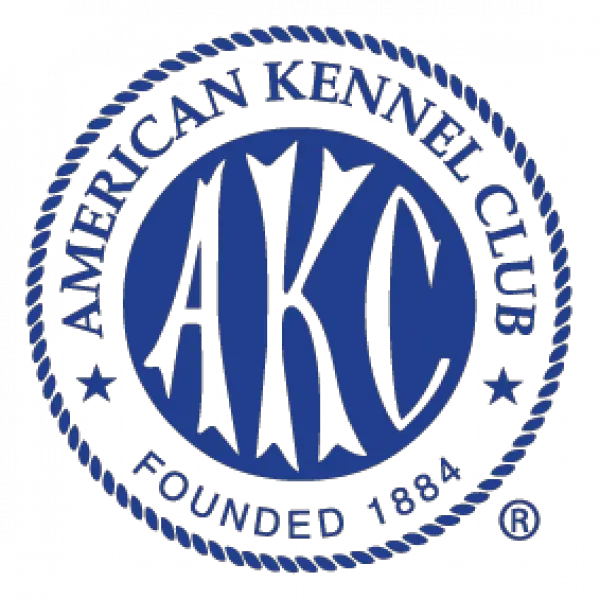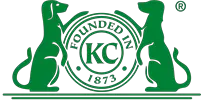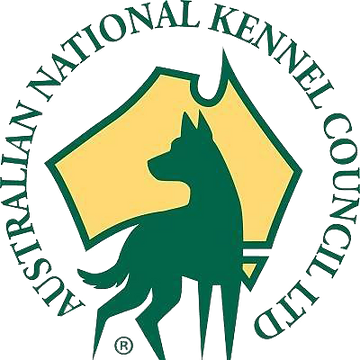Vizsla History
The Hungarian Vizsla is a medium-sized, short-coated pure-bred gundog, originating from Hungary. The Vizsla is referred to by some as a “double-barreled” gundog, as it has the retrieving skills of a retriever and the work-ethic of a pointing or flushing dog. The Vizsla is today one of Hungary’s most popular sporting dogs and is also widely owned and hunted in the U.S. The ancestors of the Hungarian Vizsla probably came to Hungary (then part of the Austro-Hungarian Empire) from Germany in the mid-19th century. The Hungarian name for “Vizsel”, from which we get the current name for the breed, means “little tracker”. The origins of the Hungarian word are unclear, but it may derive from the German “Hundespitz”, meaning “hound point”. The modern breeding of the Hungarian Vizsla started in 1920, when Captain László Vári of the Austro-Hungarian Army, stationed in Tatabánya, bred a mating between a pointer and an English setter. The puppies from that first breeding were solid white. The second major breakthrough in the development of the Vizsla came in 1935, when Ferenc Szép, a breeder from Tatabánya, took four silver vizsls from Colonel Viczián and crossed them with Erzsebet, another female pointer. The puppies of this cross were had double coats and were known as “whitecoats”. This
Time of Origin
Middle Ages
Vizsla Physical Characteristics
The Vizsla is a medium-sized, medium energy breed of hunting dog that originated in Hungary and was developed from a combination of three breeds: the Hungarian pointer, the Weimaraner, and the Griffon Bruxellois. The Vizsla is an energetic, active, intelligent, and very athletic breed. They have a thick, double coat that is either liver, white, or rust colored. They can have long or short legs. They have a strong jaw, deep-set, wide-set eyes, and a black nose. They are usually very friendly and affectionate, but they can also be stubborn, dominant, and a bit aloof.
Eye Colors
Brown
Nose Colors
Unknown
Coat Colors
Unknown
Height Range
Male Height Range: 22 – 24 inches
Female Height Range: 21 – 23 inches
Weight Range
Male Weight Range: 55 – 60 lbs
Female Weight Range: 45 – 55 lbs
Vizsla Health
Description of breed health.
Lifespan
12-15 yrs
Vizsla Health Concerns
Progressive Retinal Atrophy, Epilepsy, Hypothyroidism, Lymphoma, Tricuspid Valve Dysplasia, Allergies, Bacterial and Viral Infections
Vizsla Temperament and Behaviour
The Vizsla is an excellent hunting dog and a great pet. They are clever, active and good-natured. They are friendly and sociable, and get along well with children and other pets. They are protective and loyal to their family, but can be wary of strangers.
Vizsla Activity Requirements
Vizslas are a high-energy, hunting dog that originated in Hungary. They were originally bred as bird dogs and are still excellent hunters today. Vizlas make wonderful pets that are loyal, protective, and intelligent. While they don’t require as much exercise as some other dogs, you still should take your Vizla for a daily walk or jog. A fenced yard where they can safely run off some excess energy is even better. If you are looking for a strong, intelligent companion, then the Vizsla may be the right dog for you. They are a high-energy, athletic dog that requires lots of exercise and attention.
Miles Per Day
Unknown
Activity Per Day
Unknown
Daily Food
3 cups
Kennel Club Recognition

American Kennel Club
Recognized by the American Kennel Club
Vizsla is part of the Sporting group.
Visit the American Kennel Club website.

The Kennel Club
Recognized by The Kennel Club
Vizsla is part of the Gundog group.
Visit the Kennel Club website.

Australian National Kennel Council
Recognized by the Australian National Kennel Council
Vizsla is part of the Gundog group.
Visit the Australian National Kennel Council website.

Canadian Kennel Club
Recognized by the Canadian Kennel Club
Vizsla is part of the Sporting group.
Visit the Canadian Kennel Club website.
